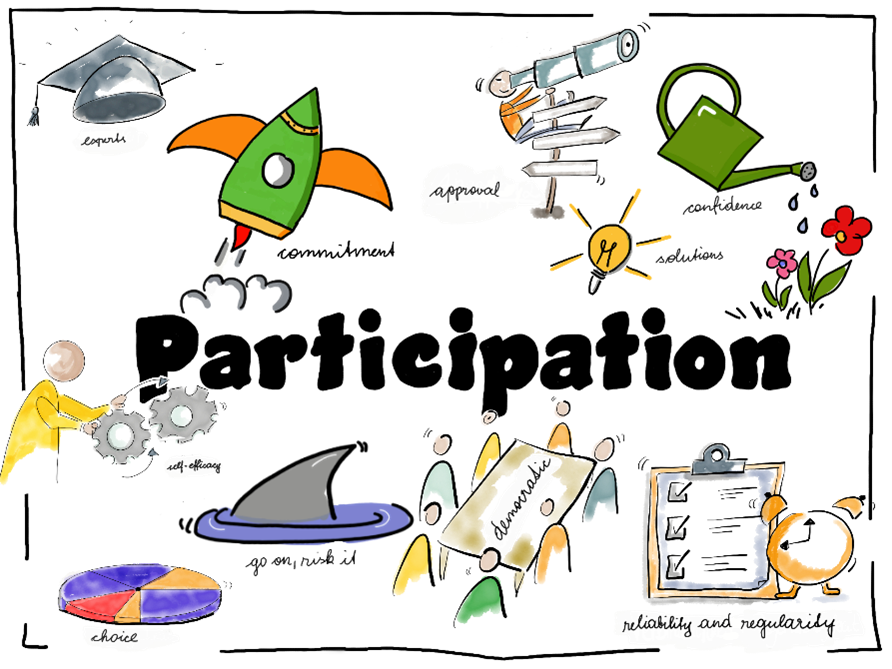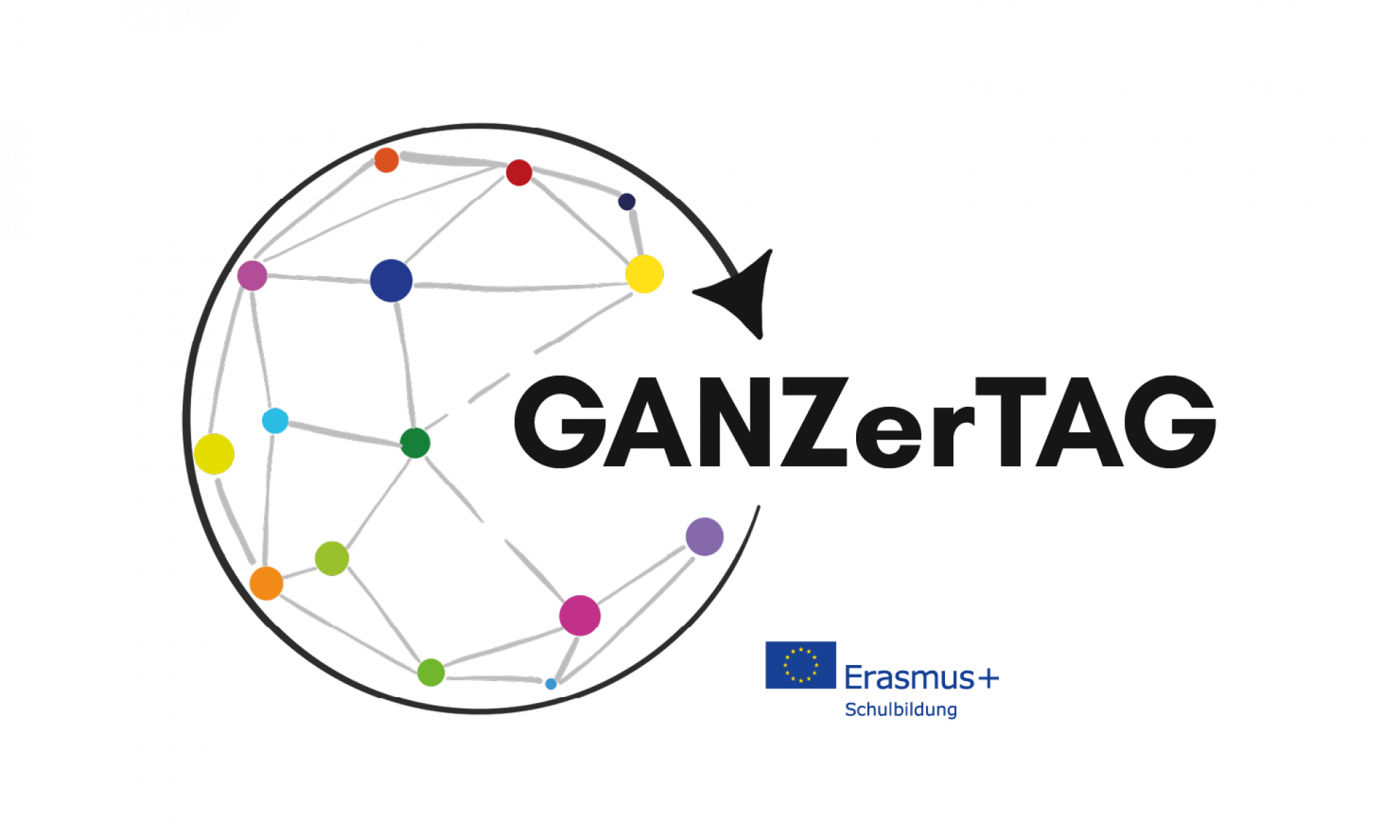The project GANZerTAG looked at particular success factors in teaching and care in Whole Day Schooling.
The results showed that it is the quality of relationships that has the highest relevance for learning and development.
Esteem, care, respect and trust form the basis for the emotional side of learning. Therefore, the importance of the relationship is the one that stands out the most among all success factors.
The success factors resources, goals, creative solutions and participation are fundamental for any learning process and in this context the project went on to show that these factors can succeed most in Whole Day Schooling.
In particular, children with special needs or children from educationally alienated, respectively socio-economic weak backgrounds profit most of all from Whole Day Schooling because it offers more social participation as well as equal educational opportunities.
Against popular opinion, this combats social segregation rather than advancing it.
Goals
To work together in a common project means setting goals together that then, if necessary have to be individually adjusted.
This individual adjustment should take place regularly and encompass several levels.
A safe environment offers not only the teacher but also the child space to develop and try out new things.
Relationship in a pedagogical context is not only an end in itself but is the result of an interaction of common observation, understanding the other, empathy and resonance.

Resources
In a pedagogical environment resources mean material and immaterial resources including people and systems. Implementing Whole Day Schooling is only possible through financial, temporal, space-related and human resources.
Networks and strategies promote the optimal use of resources. It is important that any investment in education must be accordingly high at the beginning of any educational path.
Resource-orientation means an attitude that is focussed on finding resources.
A good relationship between all who are involved in Whole Day Schooling is the basis so that resources can be efficiently used.

Creative solutions
Creativity and innovation are key to any holistic approach to education.
Problem-solving and personal development depend on thinking, acting and creating in a structural, organisational and temporal area of freedom.
Enthusiasm connects and encourages people to create solutions within the context of a viable and sustainable relationship.

Participation
In any pedagogical dialogue, participation means an attitude, in which dependable and continual space for self- and co-determination is created where all who are involved at all levels are included.
Consistent genuine interest in the individual that is characterised by respect and trust as well as a good relationship is the precondition for true participation.
This could also mean that failures are necessary components of the participatory process.

